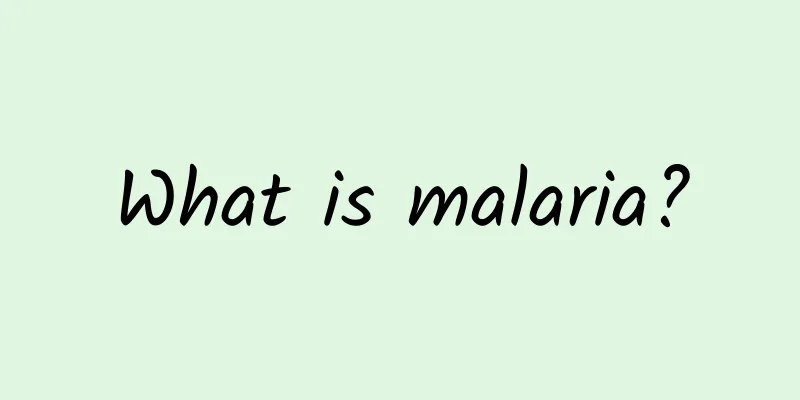What is the treatment for chronic glomerulonephritis?

|
Nephritis is a type of kidney disease and is relatively common in life. There are many types of nephritis. Glomerulonephritis is one of them. So what is the treatment for glomerulonephritis? Treatment of glomerulonephritis There is no specific drug to treat this disease, and it is a self-limiting disease. Therefore, symptomatic treatment is basically the main treatment. When chronic nephritis attacks acutely, it should be treated according to the treatment principles of acute nephritis. When there is a large amount of proteinuria, it should be treated according to the treatment principles of nephrotic syndrome. The necessary steps are to prevent water and sodium retention and control circulating blood volume, so as to alleviate symptoms, prevent fatal complications (heart failure, hypertensive encephalopathy), protect renal function, prevent various inducing and aggravating factors, and promote the repair of renal pathological histology and function. 1. General treatment: Rest in bed after acute onset. The dietary principle is mainly low-salt, high-vitamin, high-calorie diet. Protein intake should be maintained at 40-70 g/day. Salt intake should be 2-3g/D, and the intake of high potassium foods should be limited. 2. Symptomatic treatment: For diuresis, thiazide diuretics are commonly used; for antihypertensive drugs, thiazide diuretics and vasodilators are commonly used. Ganglion blockers can be used when necessary, or calcium channel blockers can be added; for the treatment of hyperkalemia, it is mainly to limit high-potassium diet and use potassium-excreting diuretics. 3. Treatment of complications: To control heart failure, the focus of treatment should be on correcting water and sodium retention and restoring blood volume, rather than using digitalis drugs to strengthen myocardial contractility, that is, the main measures are diuresis and blood pressure reduction; for hypertensive encephalopathy, sodium nitroprusside and other drugs can be intravenously infused, and convulsions can be treated with intravenous diazepam; for uremia, refer to "acute renal failure" 4. Treatment of infection foci: It is currently advocated that when the bacterial culture of the lesion is positive, antibiotic treatment should be actively used. Penicillin or macrolide antibiotics are commonly used to control the infection lesions and prevent the spread of bacteria for about 2 weeks or until cured. Tonsillectomy has no definite effect on the course of acute nephritis. 5. Anticoagulation and thrombolysis: intravenous drip of urokinase, supplemented with diuretics and potassium supplements. 6. Dialysis treatment: Dialysis treatment should be used when acute nephritis occurs in the following situations: severe water and sodium retention; acute renal failure, oliguria for more than 2 days, hyperkalemia, acute left heart failure, and severe acidosis. |
<<: What exactly is realgar and what are its effects
>>: What are the symptoms of nephritis and how to treat it
Recommend
Disposable Sterile Catheterization Bag
Disposable sterile catheterization bags are also ...
Symptoms of gouty cardiomyopathy
Gouty cardiomyopathy is also a type of gout, and ...
Itchy red spots on feet
Our feet are the part we walk on, and because the...
Causes of bitter mouth
Many friends will have a bitter taste in the mout...
What to do if the skin itches due to blood heat? Regulate blood heat in time
People who always like to eat spicy and irritatin...
What to eat to cure oral ulcer quickly
In the super hot summer, many people will start t...
What are some simple and effective ways to cleanse your intestines?
What we cannot refuse every day is food. Eating i...
The harm of not using pillows for babies
For newborns, apart from eating and defecating, m...
Is plum blossom rash contagious?
When it comes to infectious diseases, many people...
Can I drink water during B-ultrasound?
The diagnosis of many diseases requires an ultras...
Summer's favorite thing is getting angry! Traditional Chinese medicine "puts out fire" too quickly
Summer is already quite hot, and if you eat some ...
What are the effects of Isatis root granules?
Isatis root is a Chinese patent medicine that we ...
Heart rate and morning pulse
We all know that a person's heart rate is dif...
Traditional Chinese Medicine Treatment Methods for Vitiligo
Vitiligo has always puzzled mankind, and now many...
How long after giving birth can I drink pig's trotter soup
Pregnant women need to stay healthy and active af...









